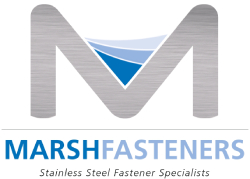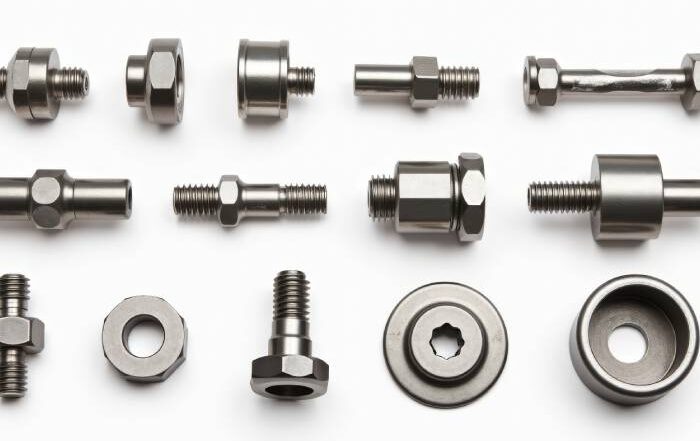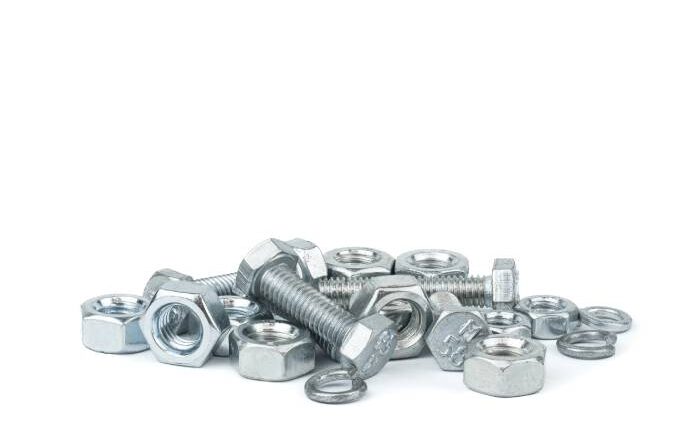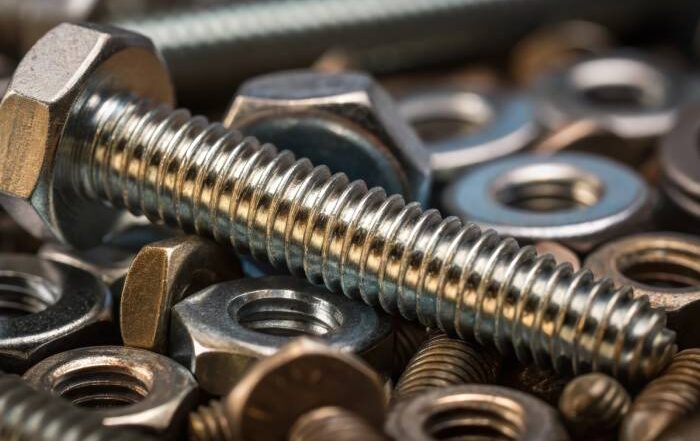
If you are in the midst of a project, you are probably wondering whether or not to use self-tapping screws. The good news is that these types of screws are easy to use and offer a number of benefits. For example, the vast majority of self-tapping screws are extremely cheap to buy. In addition, if you intend to use them in softer materials, such as plastic, there is no need to drill a pilot hole beforehand. Here is our handy guide on how to use self-tapping screws successfully:
Using Self-Tapping Screws with Plastic
When using self-tapping screws with plastic, it is a good idea to choose a thread forming tapping screw rather than a thread cutting variant. If the plastic you are using is particularly low-density, then remember to choose a Plastite screw as this type of screw has been specifically designed for this purpose.
Using Self-Tapping Screws with Wood
Depending on the thickness and type of wood you are working with, it may still not be necessary to drill a pilot hole when using a self-tapping screw. If you are working with hardwood, however, a pilot hole is recommended in order to prevent splitting. A self-tapping screw with coarse threads is always a great choice for use in wood.
Using Self-Tapping Screws with Metal
Even if you are using self-tapping screws when working with metal, a pilot hole is always required! You can drill one beforehand to allow for seamless insertion of your screws.
If you are looking to buy self-tapping screws for a variety of different applications but still are not sure which ones you will need, then choose to shop at Marsh Fasteners. Contact us now for more information regarding our extensive product range.



